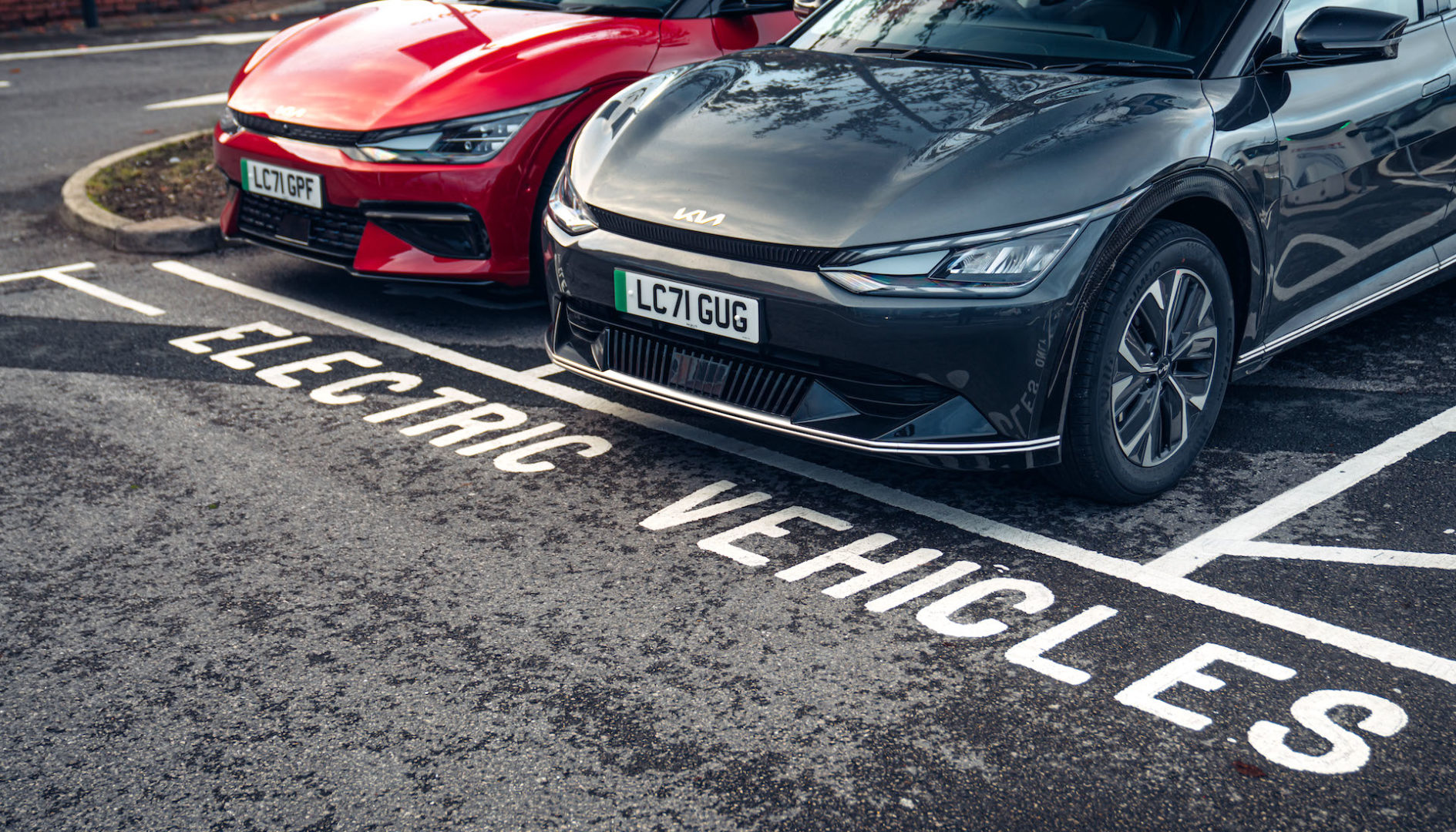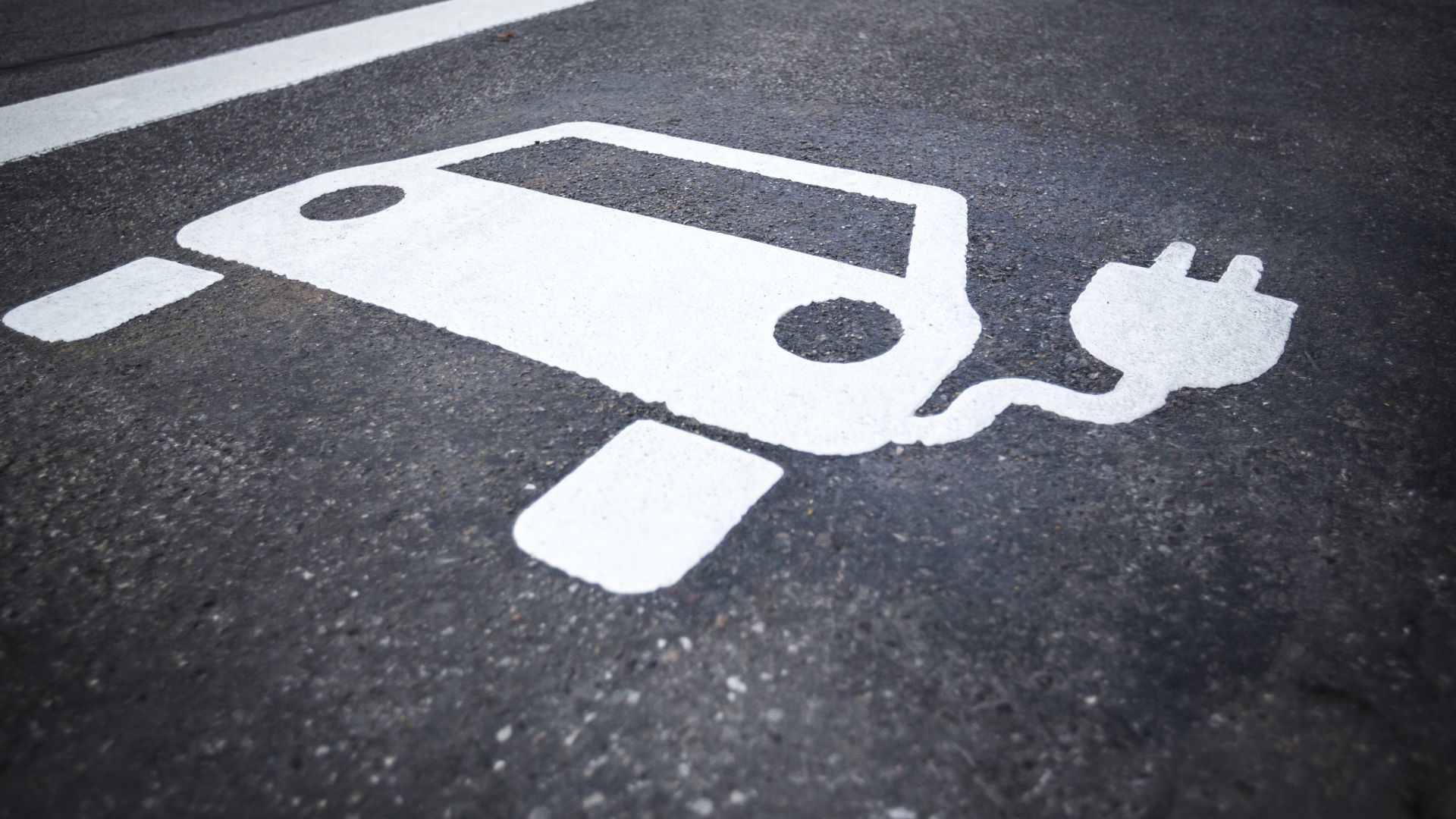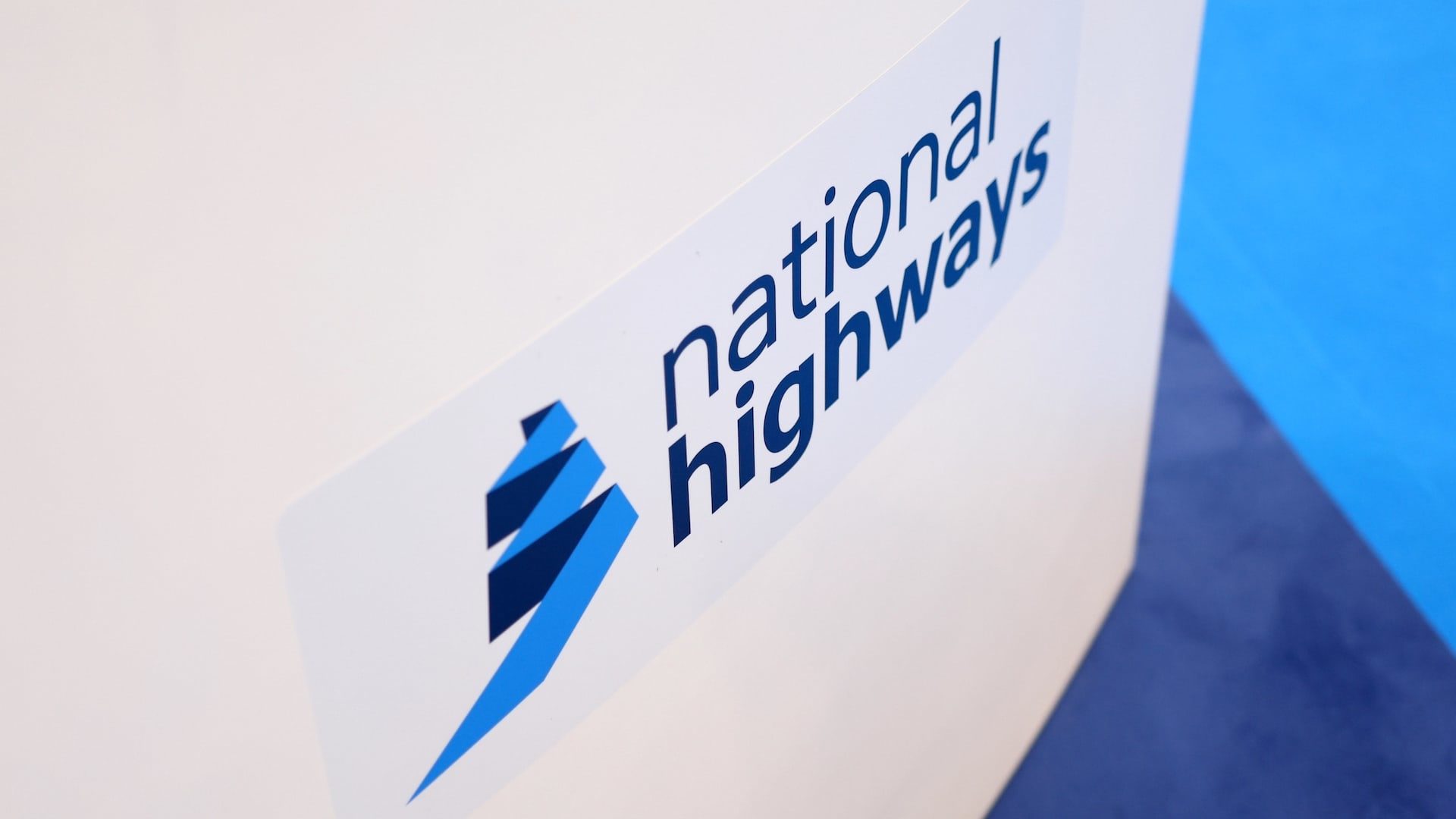
Electric car charging infrastructure at motorway services across Britain is set for an important upgrade.
National Highways has made an £8 million investment in energy storage systems, destined for motorway service stations where the electricity supply is insufficient at present.
It means seven motorway service locations will be able to offer reliable, high-power EV charging in the future.
Banking power for the future

The seven motorway services identified do not currently have the electrical infrastructure to support rapid (150kW+) electric vehicle chargers.
The use of energy storage systems is a temporary measure until the grid in those areas can be upgraded.
Energy storage systems use large-scale batteries, held inside air-conditioned shipping containers. These store energy from the electricity grid during quiet periods, then supply it to rapid EV chargers when needed.
They have a typical storage capacity of 2MWh: enough power to provide more than two million miles of EV motoring each year.
Just one charge from the grid would allow an energy storage system to power an average home for eight months.
‘Accessible and reliable’ EV charging

The seven motorway services identified for the energy storage system roll-out are:
- Beaconsfield on the M40
- Corley on the M6 northbound
- Clacket Lane on the M25, both eastbound and westbound
- Maidstone on the M20
- Taunton on the M5 northbound
- Tebay on the M6 northbound
National Highways aims to have each site hosting at least six rapid EV charging devices by the end of 2023.
Transport decarbonisation minister Jesse Norman said: “Expanding the UK’s rapid charging network is essential if more people are to switch to electric vehicles, and should make charging cheaper and more convenient.
“Drivers today are never more than 25 miles away from a rapid chargepoint anywhere on England’s motorways and major A-roads. But this news marks another innovative step to making sure that rapid charging is accessible and reliable.”
ALSO READ:
Average EV charge cost down – but peak rates still pricier than petrol
Wiesmann Project Thunderball electric sports car sold out until 2025